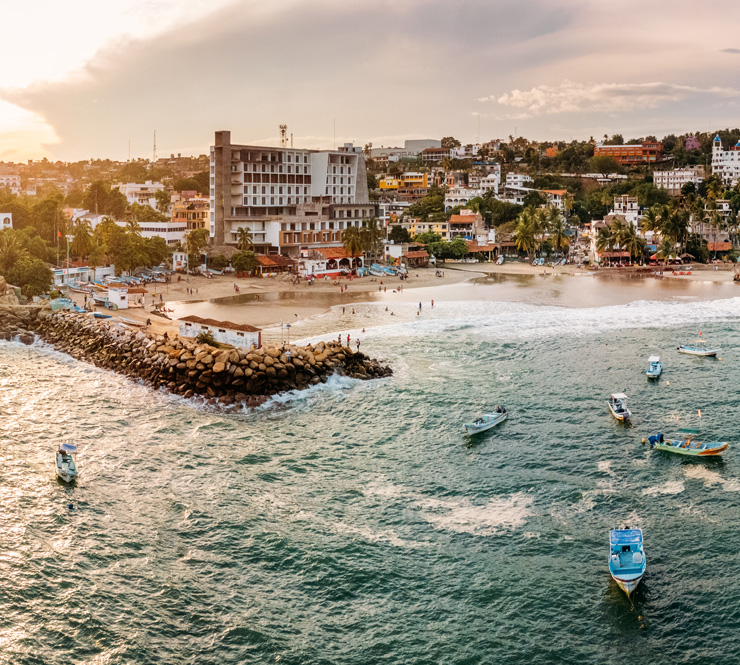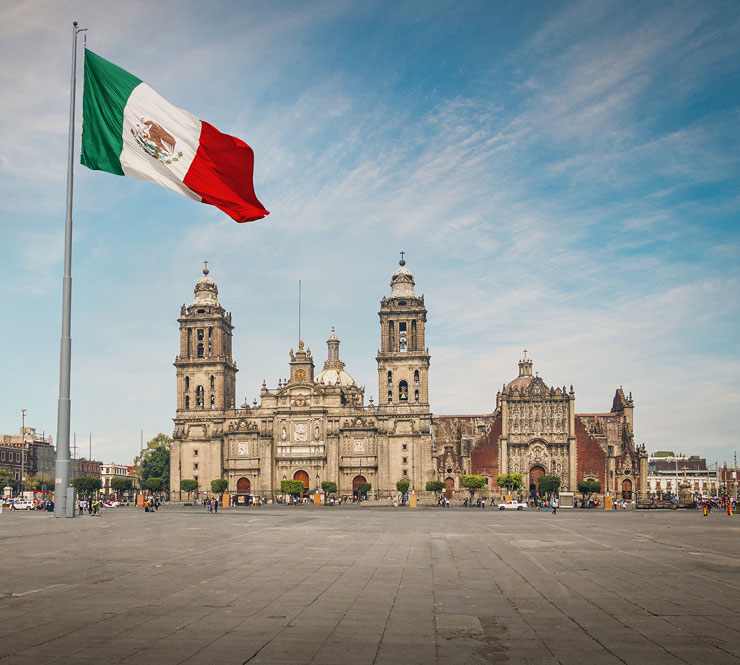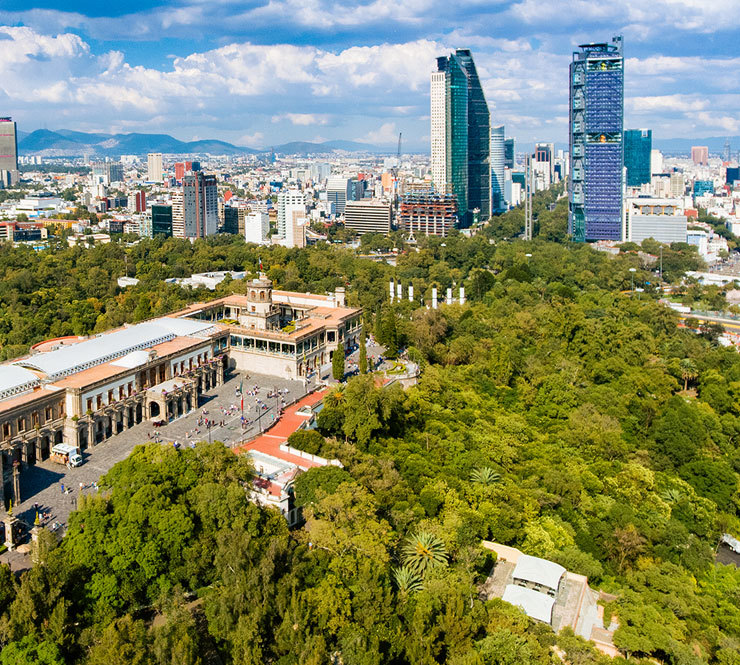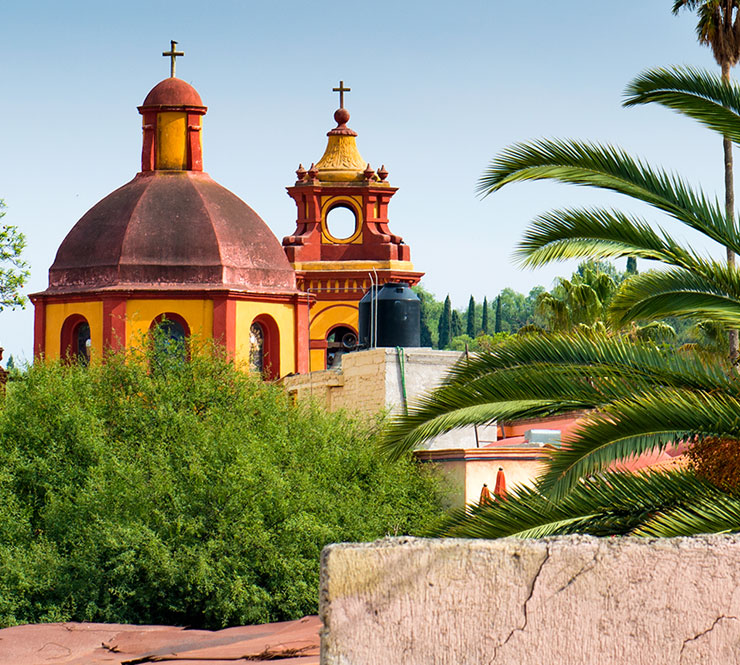COURSE DETAIL
This course explores different perspectives of contemporary democracy. The original investigations and categories of political science, those developed by Greek civilization, are proposed as a category of analysis. The course then reviews the construction of democracy; its corruption, and its demagogic implementation in contemporary regime.
COURSE DETAIL
Indigenous peoples are present in the economic participation and cultural wealth of their nations. A variety of languages can still be heard and seen, and uprisings, such as those of the Zapatistas in Chiapas, can be observed. This second semester course analyzes the cultural knowledge and original philosophies of each of the most important groups in Mexico: Nahuatl, Zapotec, Mixtec, Purépecha, and Quechua and Aymara of Peru and Bolivia, including a few other Mexican and Latin American philosophers.
COURSE DETAIL
To understand the general orientation of the kind of thought known as German idealism, this course contextualizes Kant and the post-Kantian philosophers in Leibniz's project to: (1) Recover the Platonic tradition as an antidote to the nominalist theism of Locke and Berkeley; (2) Take as a formula the Kantian claim that his philosophy, transcendental philosophy, is idealist regarding the form of experience, but not its matter. The full development of the meaning involved in this escape from (Berkeley's) material idealism leads the course gradually from the old Kant's Critique of the Faculty of Judgment to the Nietzsche's declared death of criticism, allowing one to distinguish the unity of this important intellectual development.
COURSE DETAIL
Pagination
- Page 1
- Next page






